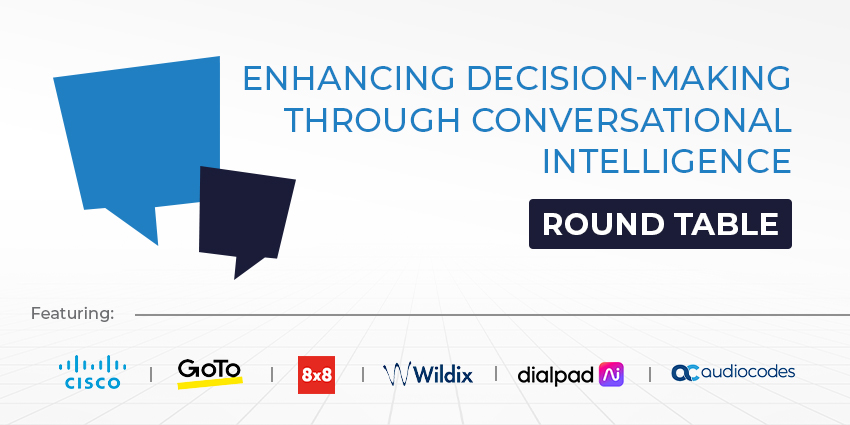Microsoft’s attempt to simplify its licencing purchasing with its New Commerce Experience (NCE) initiative has been met with a decidedly mixed reaction from partners.
Microsoft claimed that the old purchasing experience was “fractured”, with each programme and platform having its own terms, conditions, consoles, and prices. The NCE provides a “single, connected platform experience for customers – regardless of which purchasing motion they buy through,” according to Dan Truax, GM of Global Partner Solutions at Microsoft.
The NCE is designed to standardise purchasing through Cloud Solution Providers (CSP) partners, Enterprise Agreements (EA), and directly from the Microsoft portal. It allows customers to access similar pricing and contractual terms regardless of how they choose to transact.
The new initiative also sees Microsoft bringing in fixed commitment terms with one-to-three-year contractual terms and offering discounts to those partners who sign up customers to these longer terms. For those who want to remain on the current monthly option, there will be a 20 percent price increase.
The new experience is purportedly designed to encourage partners to move onto longer contractual terms and allow them to better compete with EAs by offering more attractive deals to their customers. However, incentives on deals above 2,400 Microsoft 365 seats (or Azure deals under $1m annualised consumption) “will be less compelling” for CSPs, according to Truax.
This price hike is additional to the general 15 per cent increase for various Microsoft 365 licences, effective from March 2022.
Mark Davies, Managing Director of Westcoast Cloud, told UC Today that there appears to be a number of “downsides” to the NCE for channel partners and that many are hopeful Microsoft will amend the new model.
He speculated that there are around 12,000 resellers transacting CSP, but up to 70 percent of these could stop transacting under the new changes as it wouldn’t be worth their time for the financial reward and risk involved. Should this occur, this then leaves more opportunity for bigger partners who could potentially provide a better service and support for customers.
“There are opportunities that come from the changes, but also what look to be a lot of downsides from our, our partners and the end customer’s perspectives,” he stated.
“Microsoft feels like this gives more choice, but the partner and customer feedback is the absolute opposite. We are still collating feedback from partners and risk to existing revenue and growth for next year and how that could be inhibited by these changes.
“Our hope – and the view of a lot of our partners – is that Microsoft will listen to their loyal community and make some adaptations to the model that has been presented”
Dan Coleby, Modern Workplace Product Director at Content + Cloud, agreed with Davies, stating that he has seen a lot of partner pushback on the NCE.
“We would anticipate that Microsoft can make some adjustments to their model and approach to make it have less of a direct impact on their end user customers,” he told UC Today.
His colleague Peter Sweetbaum, CEO of Content + Cloud, added that the company will be adopting the NCE, but that, in his opinion, it will have a greater impact on the end customer.
“One of the things with comms businesses is that you learn to ride with those changes – and Microsoft never stops changing. You just have to understand how to adapt to those changes on a consistent basis. It’s up to you to direct and drive your own business and build your own propositions and services”
The NCE becomes mandatory in March 2022, while partners can start signing their customers up for the scheme from this month.
Content + Cloud have already started speaking to customers about it and that the priority for partners right now is to ensure a smooth transition for clients, added Coleby.
“We partners have to work out how we best manage that transition for the customer, how we smooth the experience, and maybe how we leverage it to retain some flexibility for them,” he said.
“During the pandemic, we saw lots of people throw down their licences, and then come back after their business started trading effectively again. That’s the challenge for us: How do we help the customer transition from what’s been a very flexible model to one that is less so, or requires some additional funding from the customer to retain that flexibility?”
The Benefits of NCE
However, not all partners are wary of the new system.
Michael Frisby, MD of Vuzion – an indirect CSP and cloud distie – told UC Today that he believes the move is beneficial for the channel.
“The introduction of caps on channel incentives around both Azure ($1m ACR) and Microsoft 365 (2,400 seats) provides better demarcation between where the CSP and EA motions are designed to operate,” he stated.
“With an average customer size of less than 40 users across the Vuzion reseller customer base, this change will have little impact for the vast majority of our partners. So long as the Microsoft Corporate and Enterprise sales teams do not compete in the below $1m ACR and 2,400 seat space with small EAs then I believe this change on balance is good for the channel”
He added that Microsoft is just enforcing rules that were already there for CSP partners and is offering incentives to help them ensure a smooth transition for their customers to the new model.
“Whilst no one likes prices going up, there is significantly more value in Microsoft 365 today than 10 years ago, and by leveraging the transition to NCE per Seat correctly, IT providers can help their customers lock in the current prices until February 2023,” he noted.
“With NCE per seat Microsoft is enforcing the rules that have always existed within CSP, so if you have operated outside of those rules this change can be seen to reduce flexibility. To support the transition Microsoft has promised a number of incentives which in the short-term will help the channel cover the costs which will be incurred with the change.”
Move Away from Microsoft?
As partners and their customers reflect on the NCE, what are the chances that they look elsewhere for a similar cloud-based offering?
Chris Bunch, COO of CTS, (a large Google partner), said that he wasn’t surprised by this move from Microsoft because they’ve been indicating a move away from a licence-based model for a long time.
“It’s incredibly high risk for channel organisations to build their business around “resale” and “distribution” in the cloud space,” he warned.
“I’d encourage everyone to look at resale as something as an add-on to their business which will add value to the client, hyperscaler, and partner – rather than an end goal in itself. To make it work, you really need to understand everyone’s objectives, the dirty detail of the programmes, customer needs, etc.”
He is doubtful that the introduction of the NCE will cause a migration of partners from Microsoft to Google as Microsoft partners can be very loyal, echoing Sweetbaum’s sentiments that partners need to adapt to changes in their channel ecosystems.
“Will it make a few more 365 resellers think about adding a Google Workspace practice? It could do – certainly, the Google programmes are very partner-friendly,” he said.
“But organisations that are all in on Microsoft tend to stay that way, in my experience”
“Ultimately, all the hyperscalers will do the right thing by their end clients, as they should – they are the paying customers, but they also need thriving and healthy partner ecosystems to help them grow and support their customers, which is where the channel programmes enter. And a given partner needs to make sure they’re always adding more value than they’re taking.”







